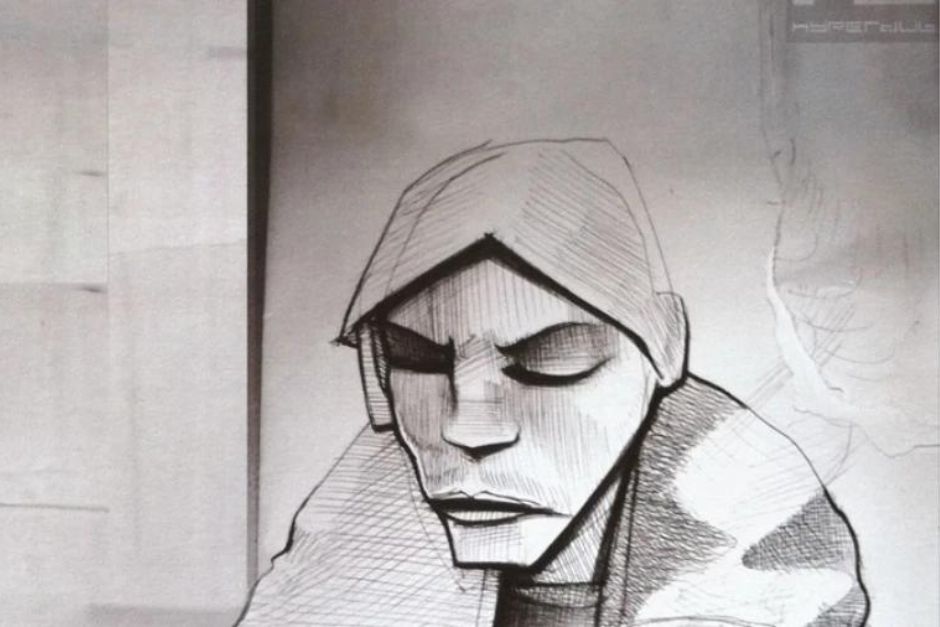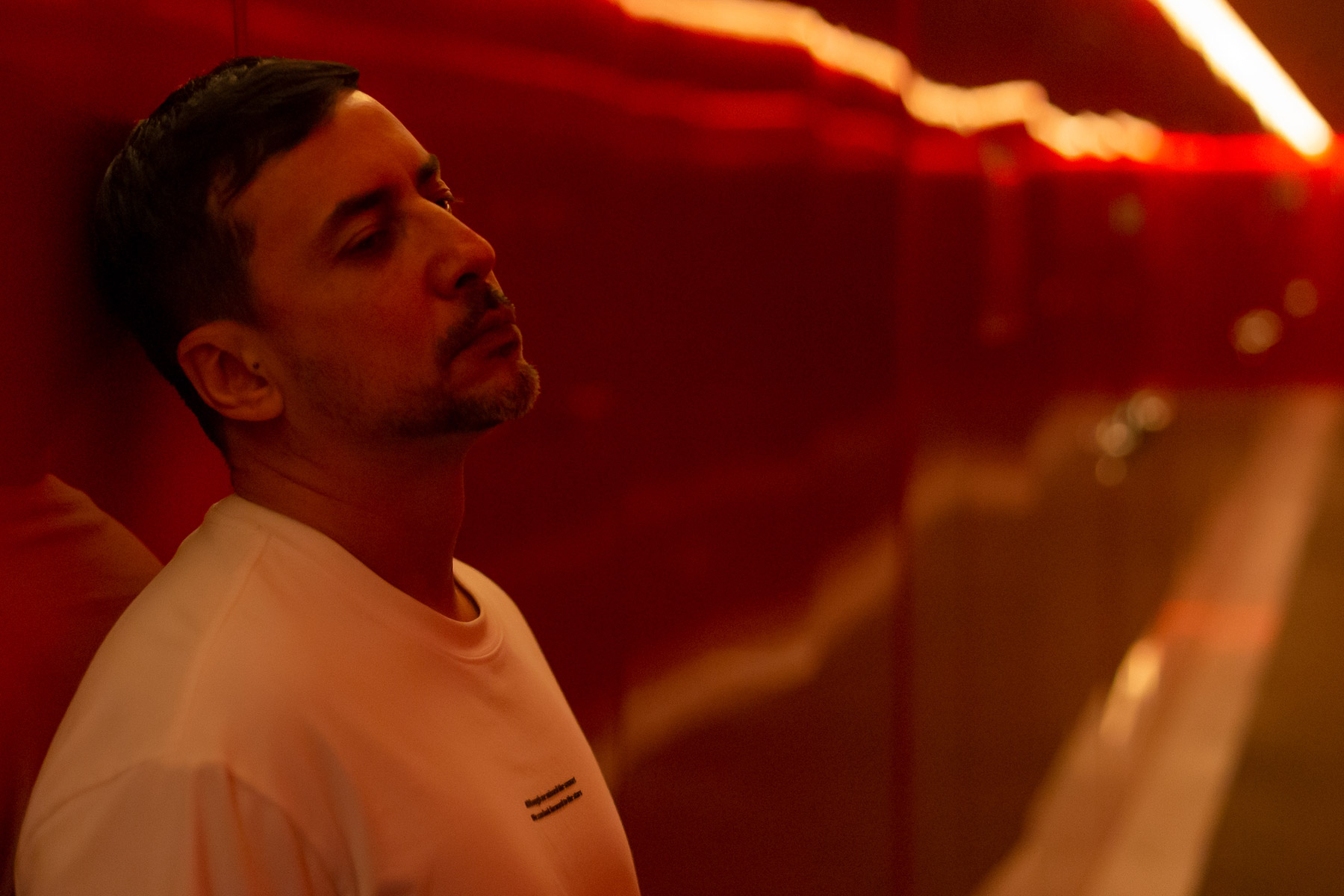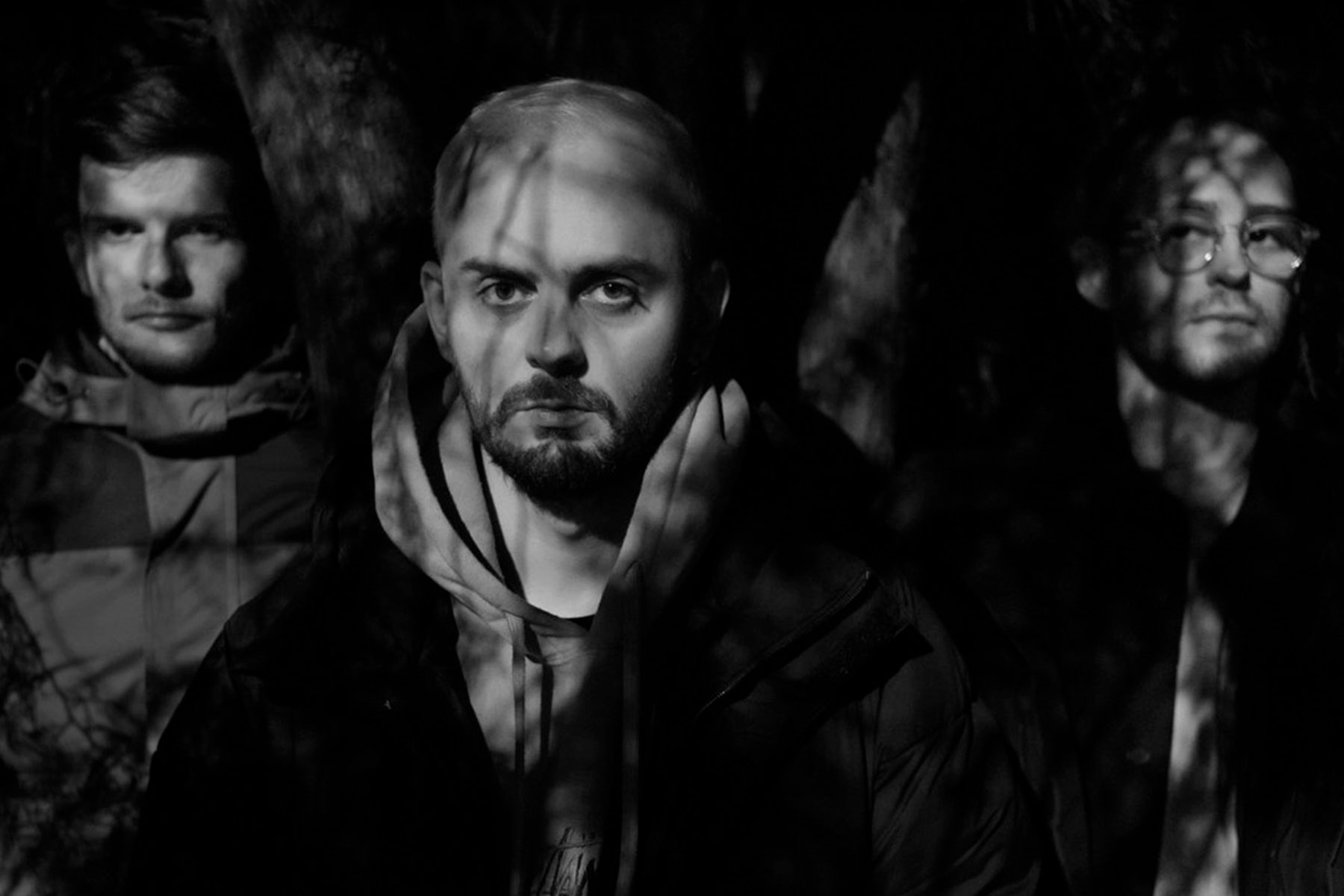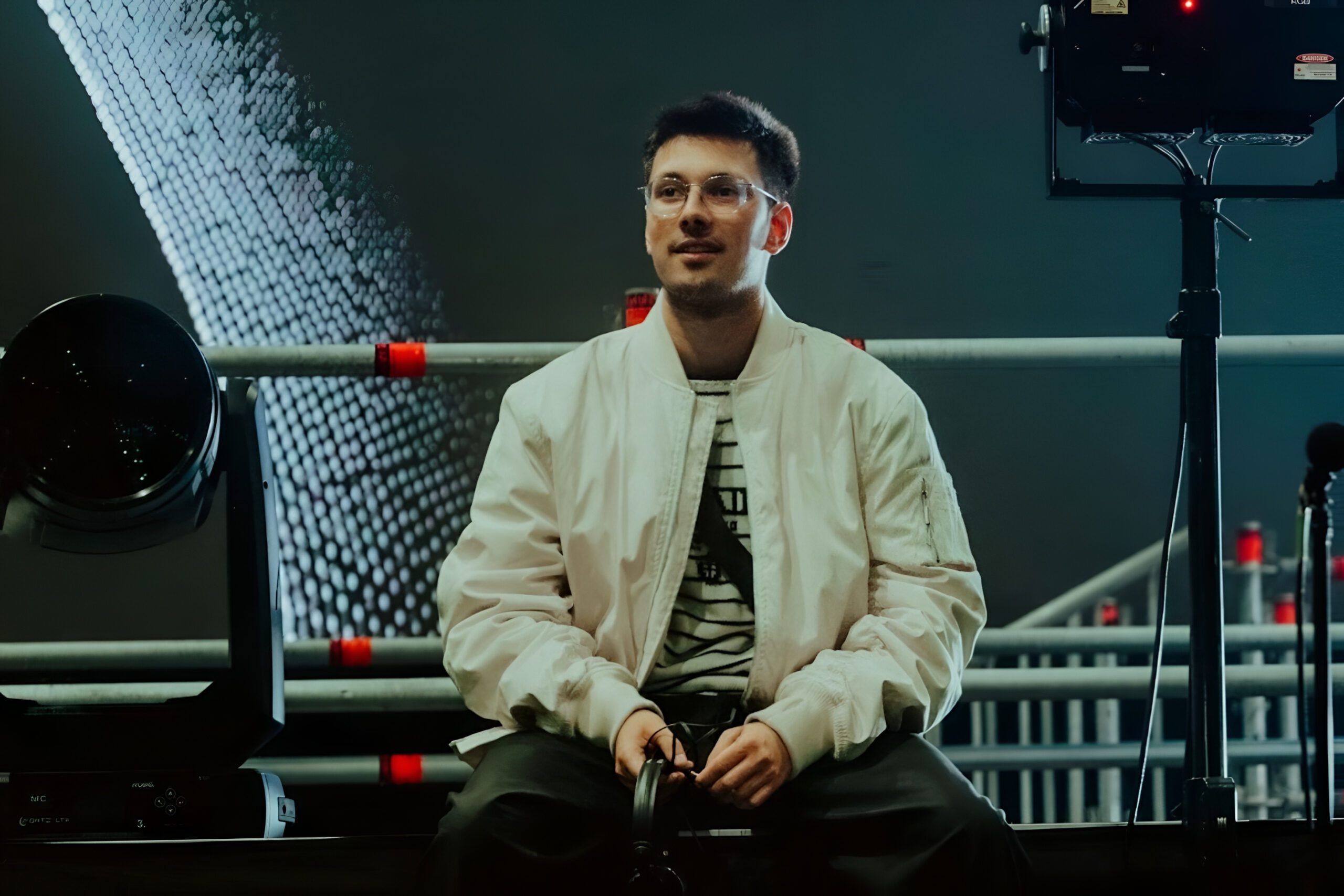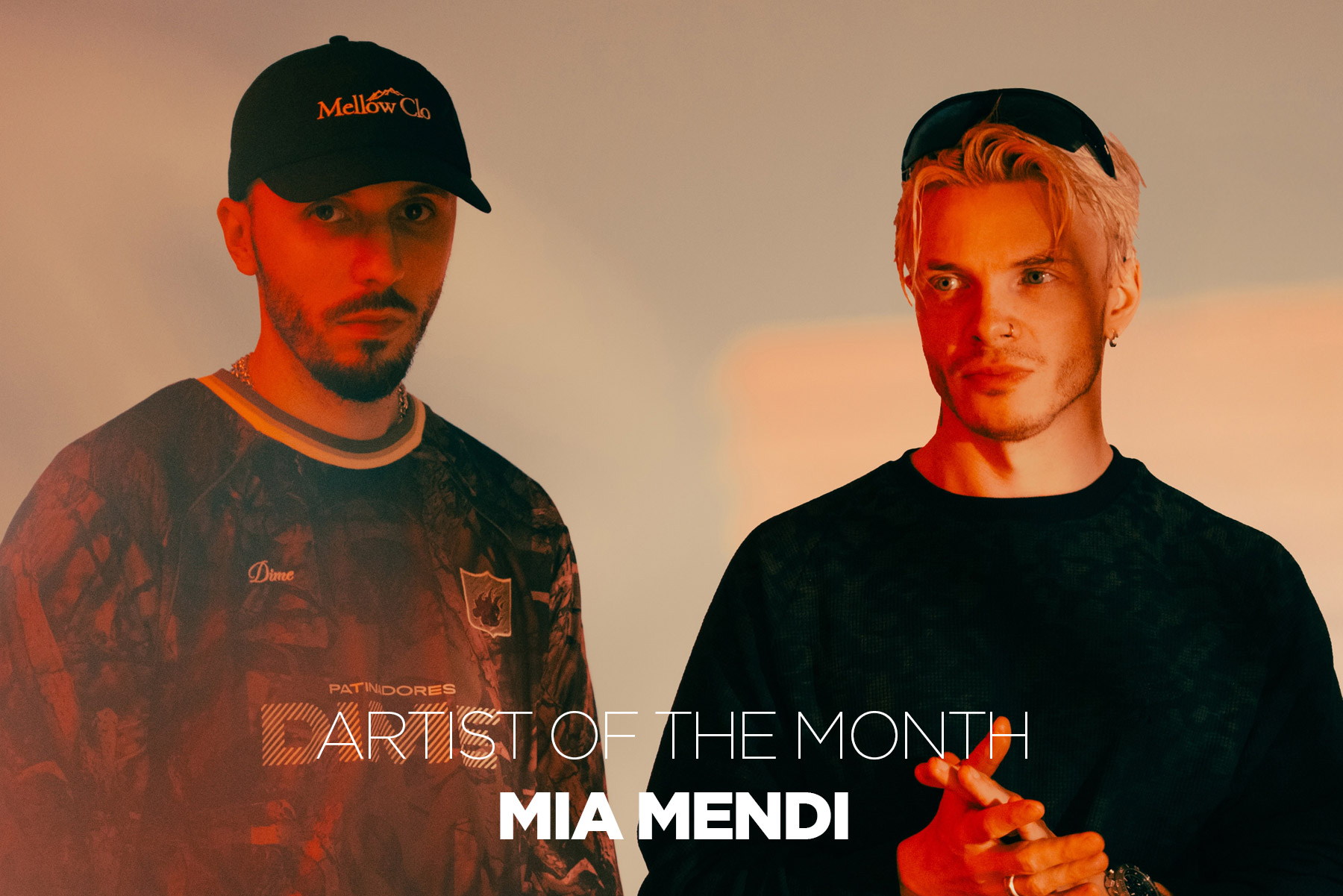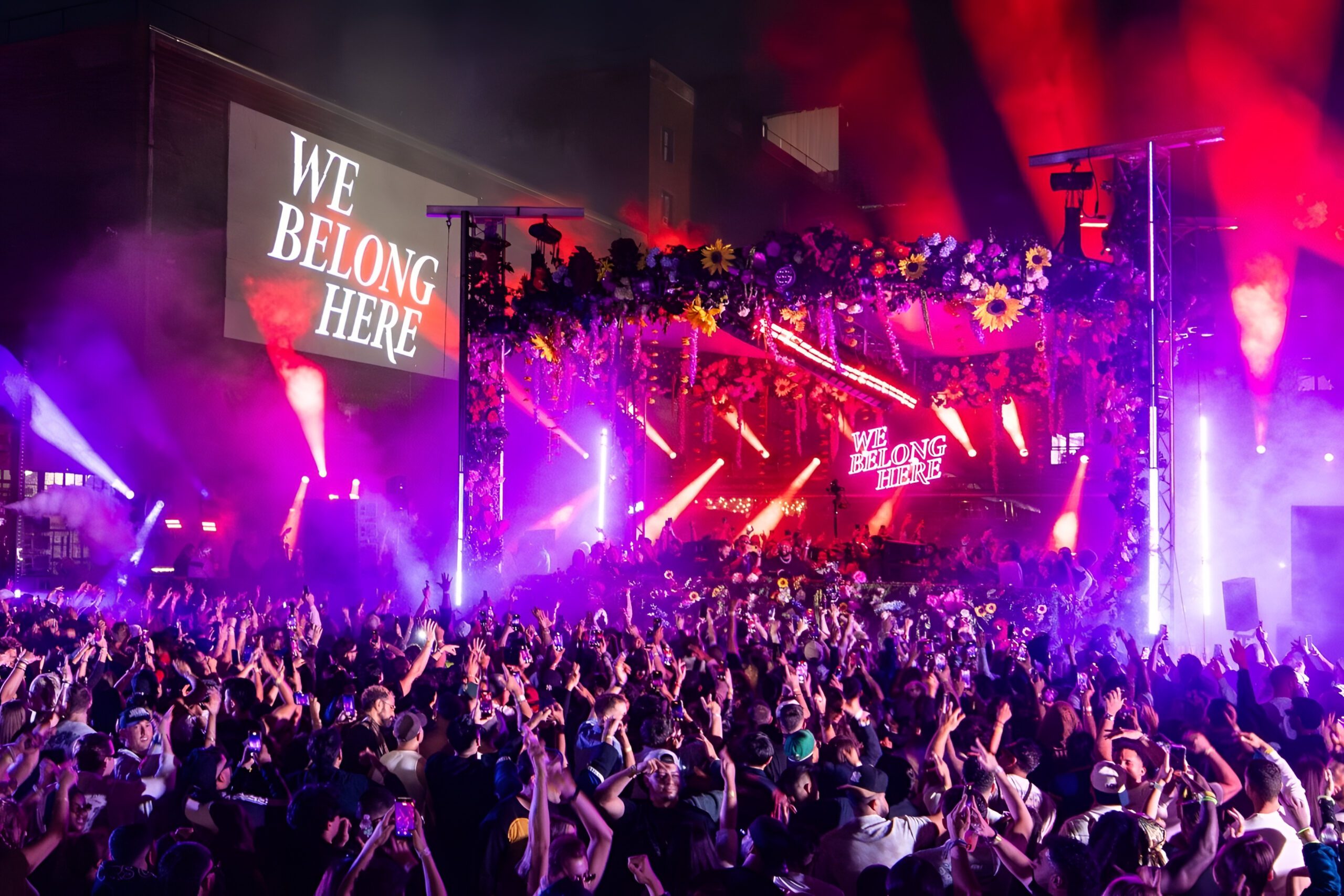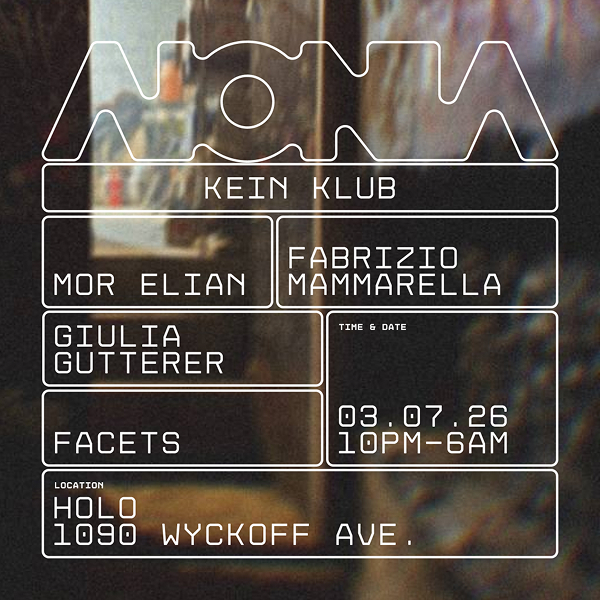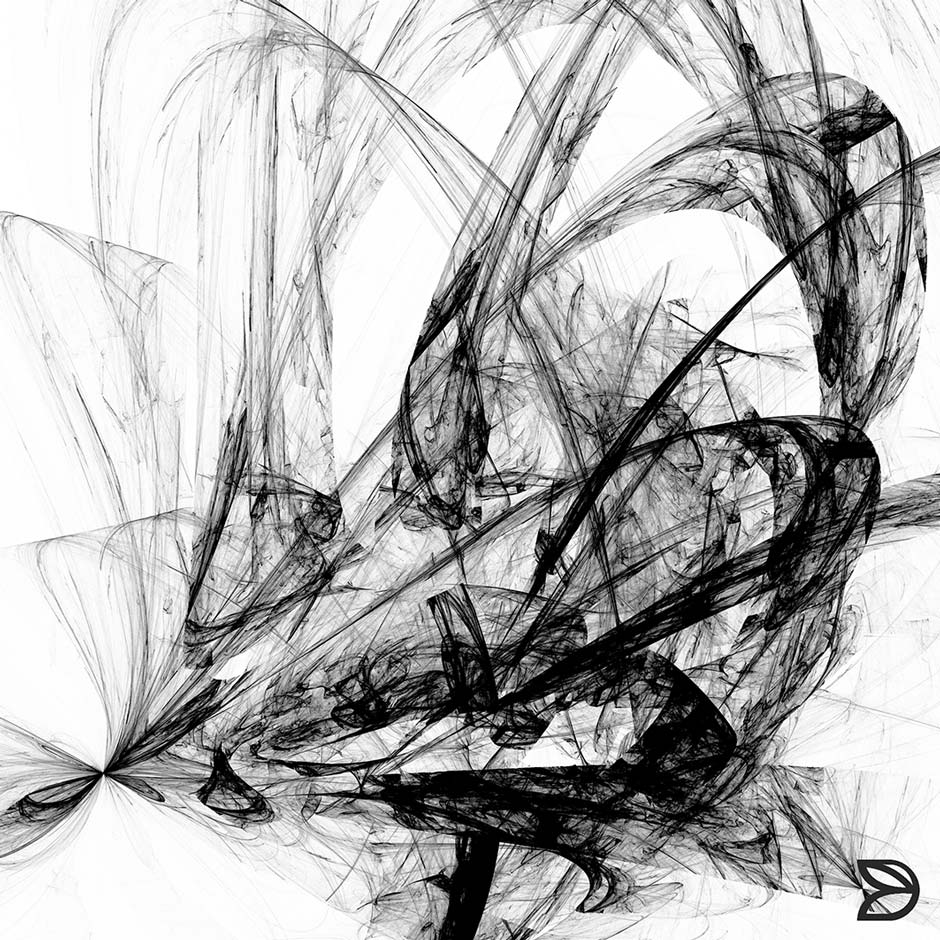For nearly two decades, it was the stuff of legend: the unedited, final conversation with the most elusive artist in modern music. Now, journalist and author Dan Hancox has unveiled the full 3,000-word transcript of his 2007 chat with Burial, releasing not just an interview, but a philosophical blueprint for an era.
The story begins like the prologue to a noir mystery film. An unrecognised number. A voice: “Hi, this is Will.” A rendezvous at Balham station, pre-digital London, in the autumn air. Hancox wore a bright red jacket so he could be identified. Burial arrived late, apologetic, and the two slipped quietly to a Tooting flat. There, over tea, the conversation unfolded. The recorder was flipped so its red light faced down, as if to erase its presence.
What followed was less an interview than a confession, Burial speaking with urgency about memory, sound, and secrecy.
Candidly. Burial admits that ‘Untrue’, the record about to redefine electronic music, was stitched together not with polished studio drums but with the humblest of tools. “I realised just the other day that every tune on my new album has the same drum sound — it’s just the sound of my brother’s lighter,” he explains.
And for percussion? Not synths or drum kits, but the jangle of keys in a pocket, lifted from a Vin Diesel film. For Burial, these weren’t compromises, but the essence of his method. Every day sounds carried more truth than expensive machines. Rain, tape hiss, crackle — all of it was welcome.
Burial dismissed the obsession with flawless mixes. For him, atmosphere mattered more than technique. The rough edges were where the feeling lived. He also confessed to being defensive about his skills, wary of overproducing. “Tunes should be as atmospheric as possible,” he told Hancox. Clean sound, he argued, was “neutral” — lifeless. What mattered was capturing the fleeting mood of a night walk home, the echo of rave memories, the shiver when rain runs down your back.
Will also saw a danger in the direction dubstep was taking, stating, “Dubstep will be fucked if it goes down that macho route… those macho tunes, they’re not even properly dark. One single Dillinja kick drum would destroy them.”
It was a rejection of posturing. For him, rave culture was never about aggression but about collective release, about the sweetness of garage, the depth of jungle, the continuum that stretched back to hardcore.
However, no thread is stronger than his commitment to anonymity. “The lost art of keeping a secret… I want to do it properly. And that’s the thing, once you’ve got it, it’s got to be 100% or nothing. You can’t be half-anonymous.”
Painstakingly, he also admits that even friends sometimes played his tracks beside him without knowing they were his. He stayed silent. For Burial, mystery wasn’t a trick. It was the point.
That philosophy feels even sharper now. In today’s creator economy, artists are expected to be always-on, narrating their private lives as much as their music. Personal branding is the currency; exposure is the oxygen. Burial’s stance, captured in 2007, reads like a manifesto of resistance. He insisted the music should be everything, and that anonymity preserved its purity.
In a culture saturated with algorithmic polish and performative storytelling, his words cut like a flare in the dark. They remind us that imperfection can be honesty, that mystery can be strength, and that the deepest impact often comes from absence rather than presence.
Perhaps the real gift of Hancox’s publication is not just a document of history, but a guide for the present. A lighter becomes a snare. Keys in a pocket become percussion. Rain becomes melody. Burial teaches us to listen with different ears, to see the overlooked as the source of beauty.
The transcript, at last in full, is more than an interview. It is a map of how to stay authentic when the world demands exposure, how to find wonder in the mundane, and how to keep the flame of rave spirit alive.
Burial has stayed silent ever since. But thanks to this resurfaced conversation, we hear his philosophy as clearly as his music — imperfect, secretive, and unforgettable.
You can read the full interview via Dan Hancox’s Substack here and subscribe here.


